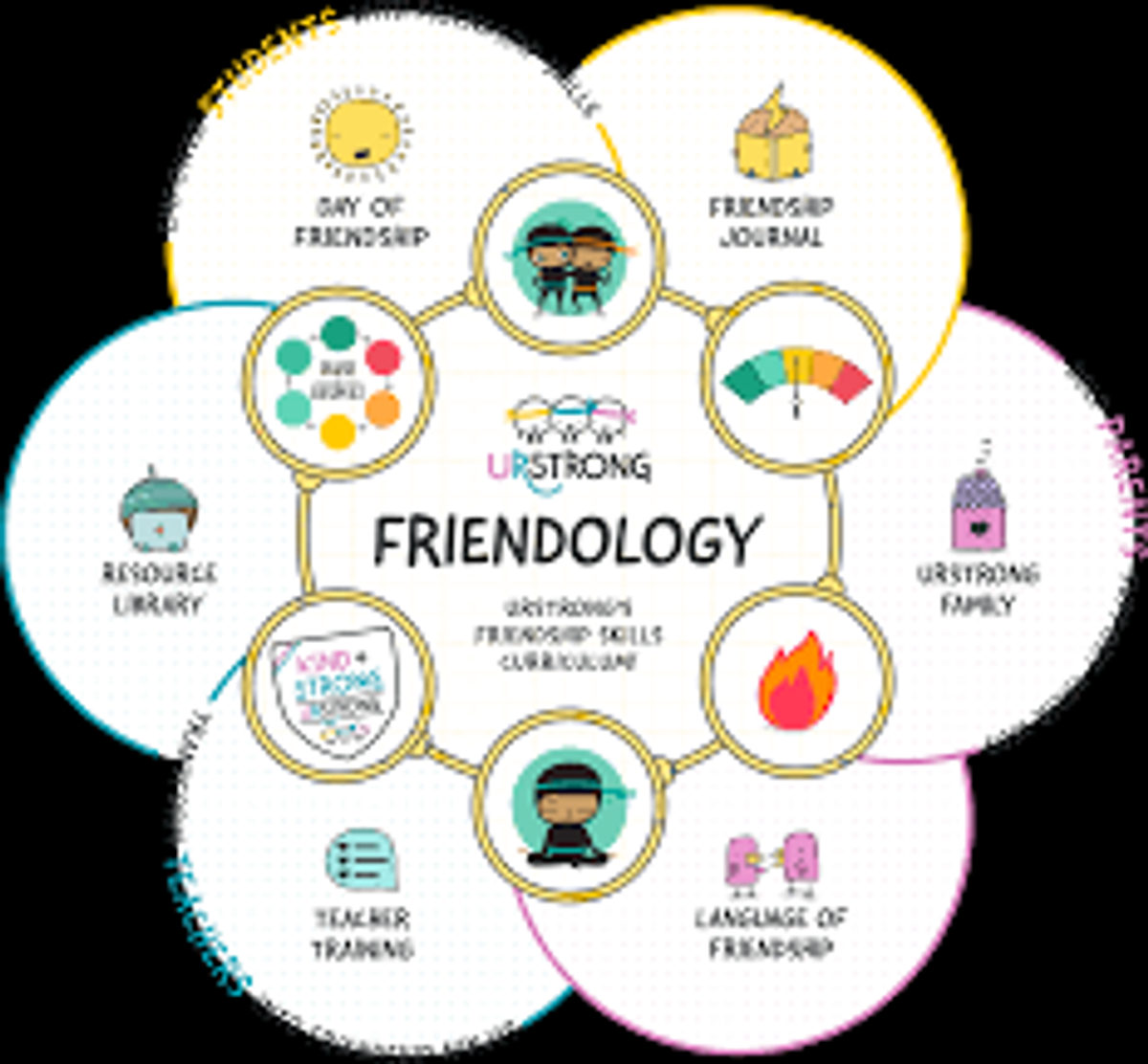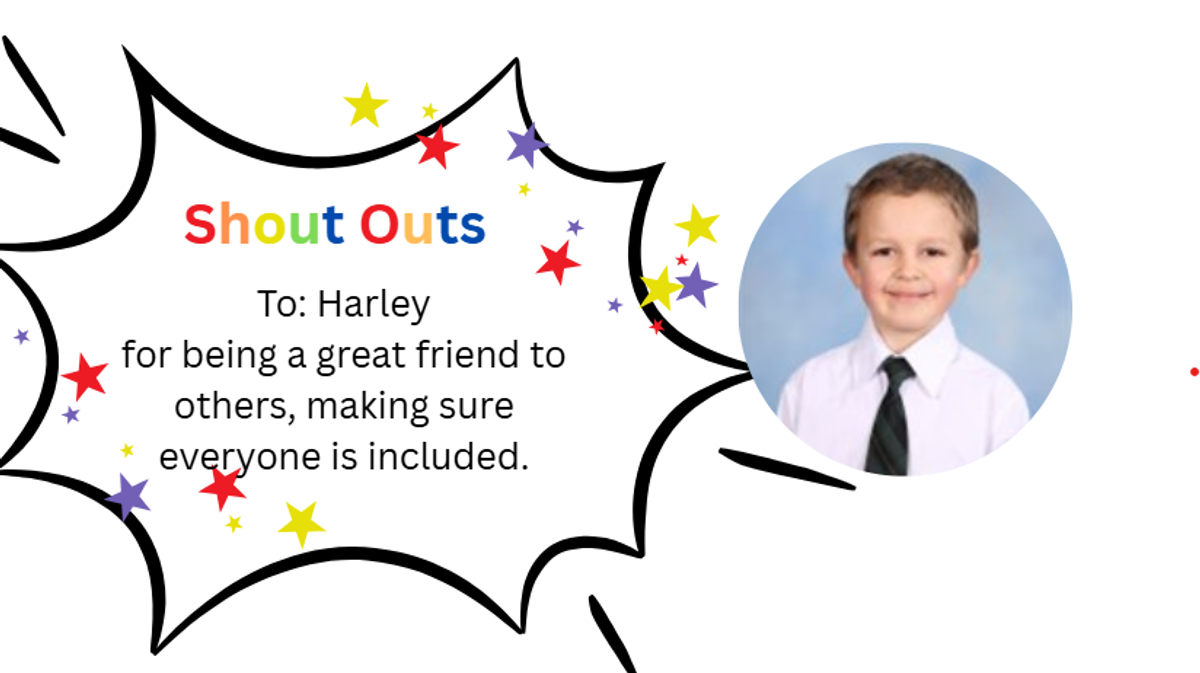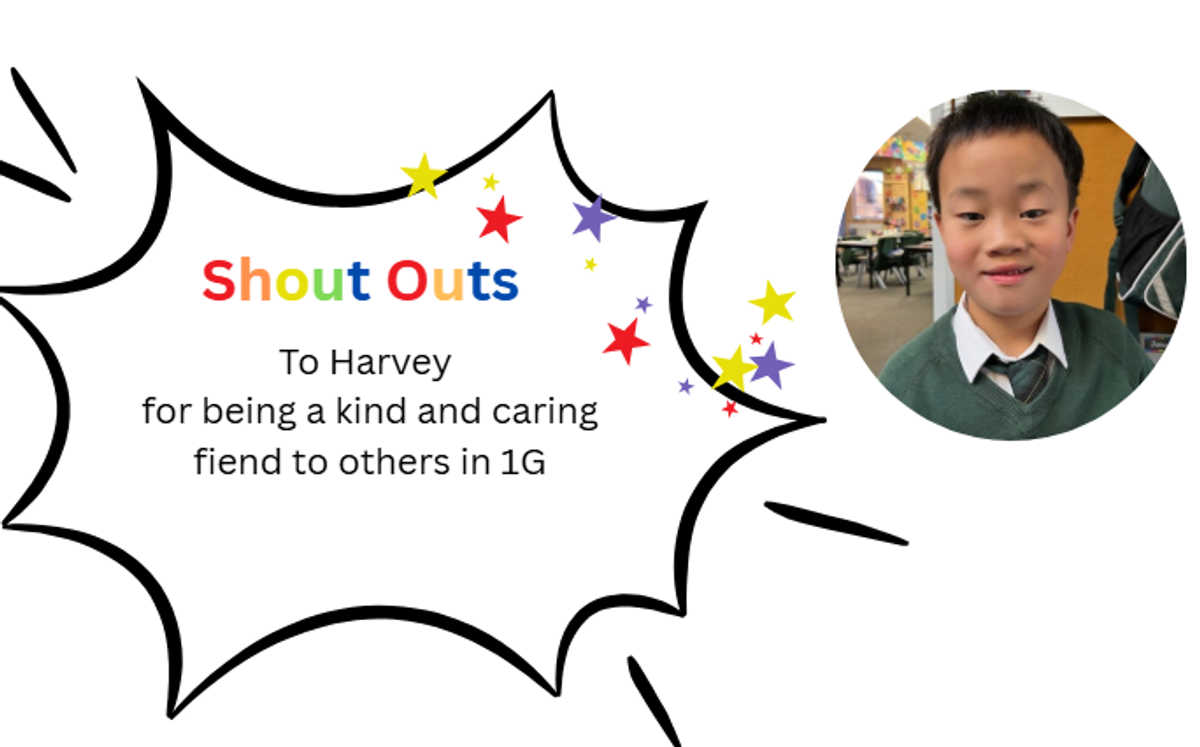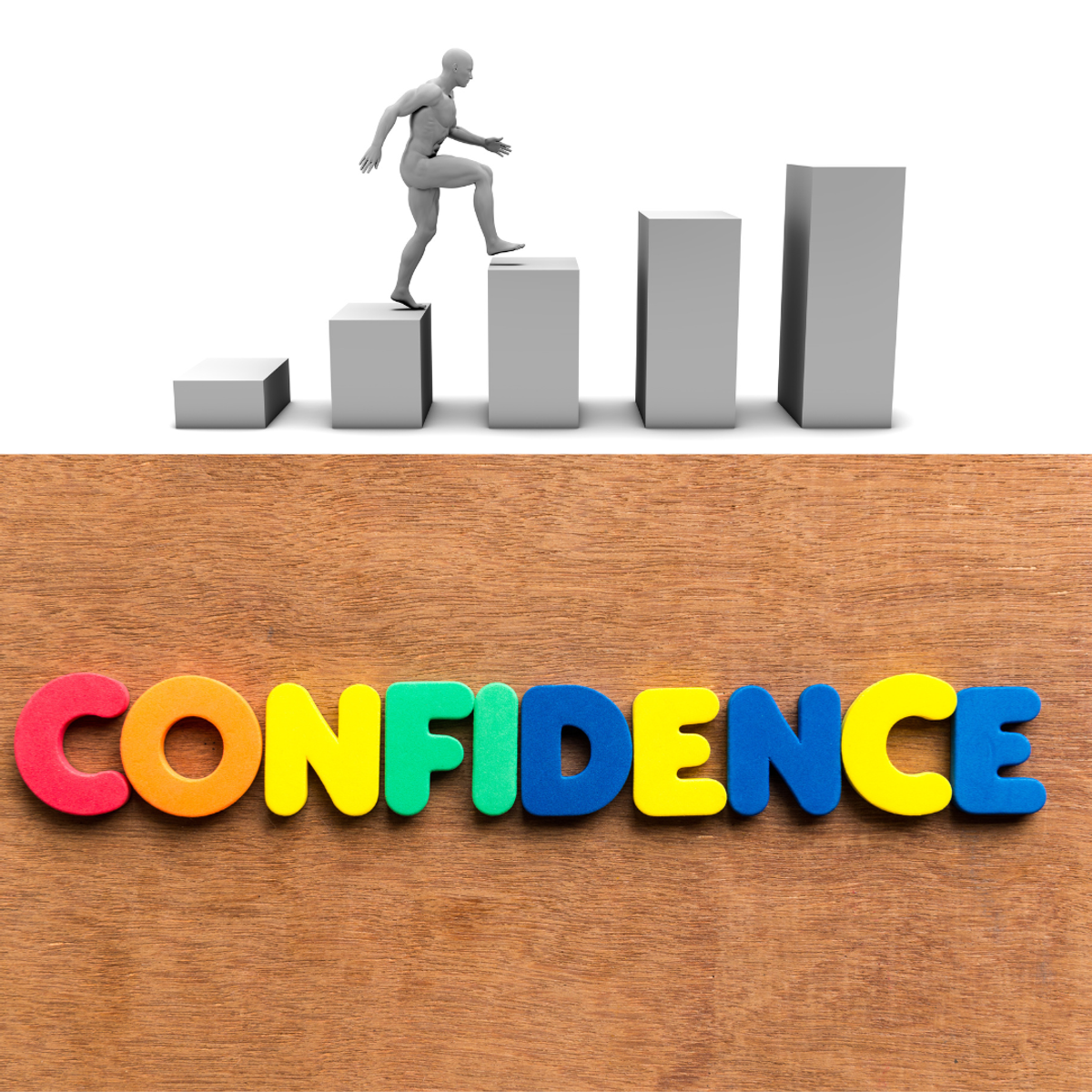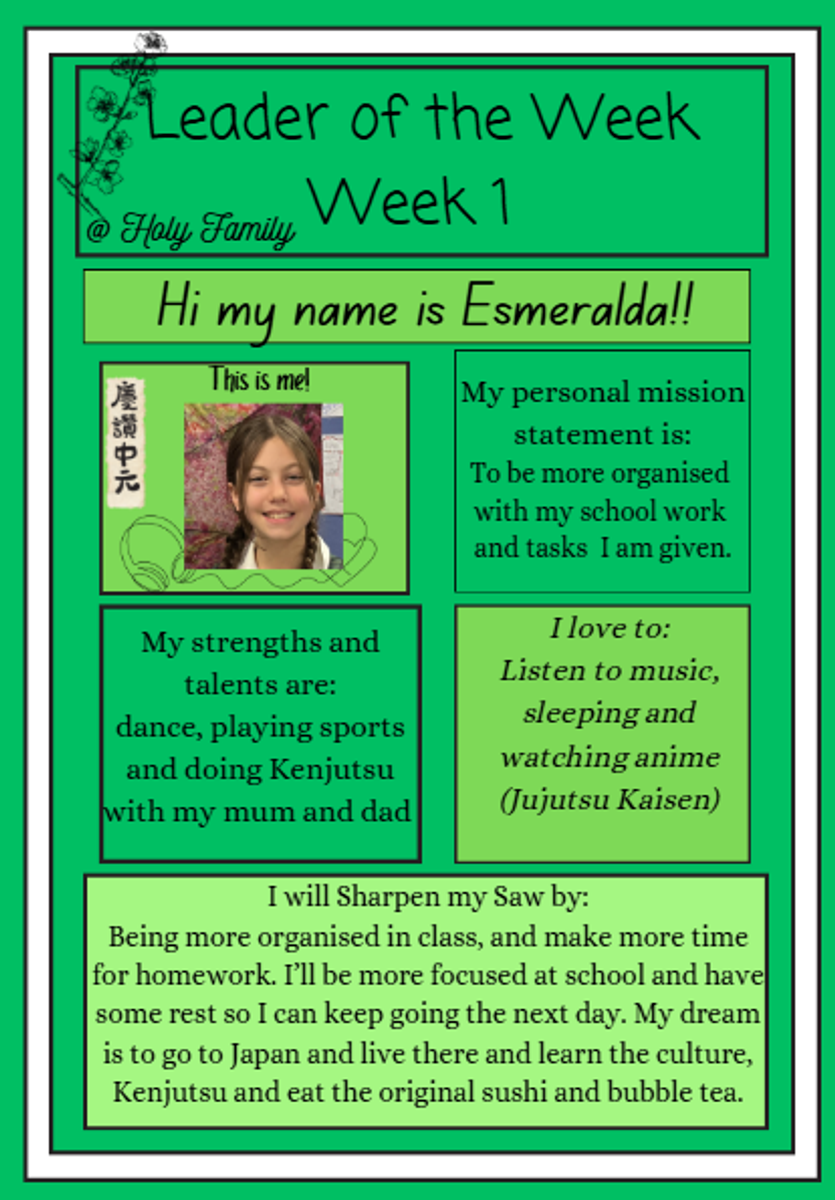Wellbeing

PBL ~ Care for Property & LIM ~ Think Win Win
The Power of Friendship: Navigating Ups and Downs with Friendology
At our school, we believe that strong, healthy friendships are the foundation of a happy and successful school experience. Through the UR Strong program and its Friendology approach, our students are learning how to build positive relationships, resolve conflict respectfully, and support one another through the ups and downs of primary school life.
Friendship isn’t always easy, and that’s okay! Children are learning that it’s normal to experience “Friendship Fires” from time to time. What matters most is how we respond. Using the language and tools from Friendology, students are developing the confidence to speak up, listen with empathy, and repair relationships in a kind and respectful way.
This learning aligns beautifully with our school’s Positive Behaviour for Learning (PBL) values. By showing respect, being responsible, and caring for others, students are not only becoming better friends, they’re also creating a safer, more inclusive school environment for everyone.
We encourage families to continue these conversations at home. Ask your child about the “Friendship Facts” or how they might “Talk-it-Out” when things go wrong. Together, we can help our children grow into kind, resilient, and emotionally intelligent young people.
Friendology Call-Out Box: Key Concepts
- Friendship Fires – Normal conflicts between friends that can be resolved with kindness and communication.
- Talk-it-Out – A strategy for respectfully discussing problems and finding solutions together.
- Friendship Facts – Truths about friendship, like “No friendship is perfect” and “Trust and respect are essential.”
- Healthy vs. Unhealthy Friendships – Helping children recognise the difference and make positive choices.
- Putting out the Fire – Steps to repair a friendship after a disagreement.
Student Shout Outs!
Leadership Word Of The Week Is Confidence
Meaning: the belief or trust you have in yourself or your abilities. It means feeling sure about what you can do or say without being overly afraid of failure or judgment.
How Can I Be Confident At School?
- Try your best – Don’t worry about being perfect; just focus on doing your best.
- Speak up – Share your ideas and ask questions, even if you're unsure.
- Be kind to yourself – Use positive words about yourself and don’t give up when things are hard.
Student of the Week
Have a lovely weekend,
Melissa Overton
Wellbeing Coordinator
